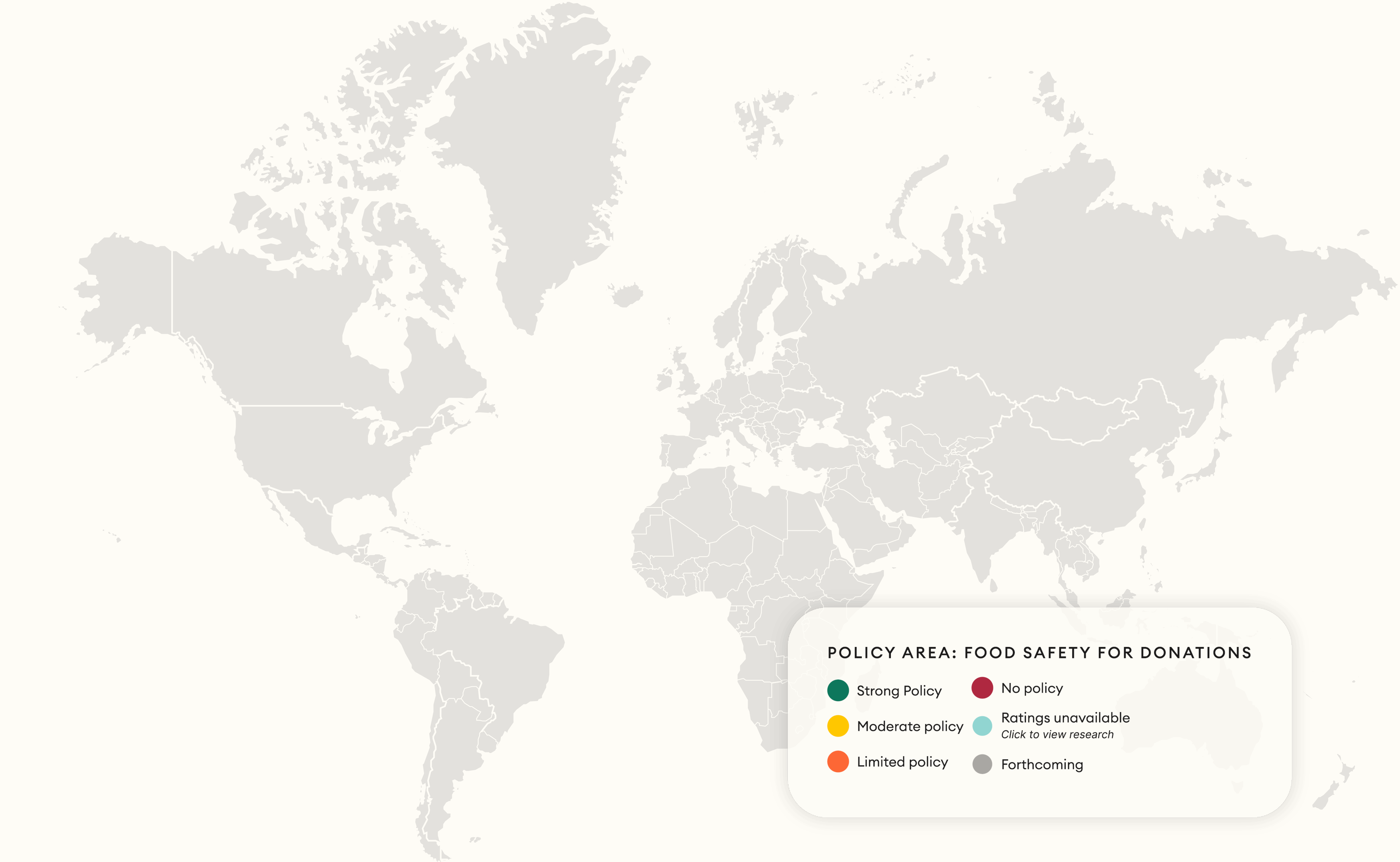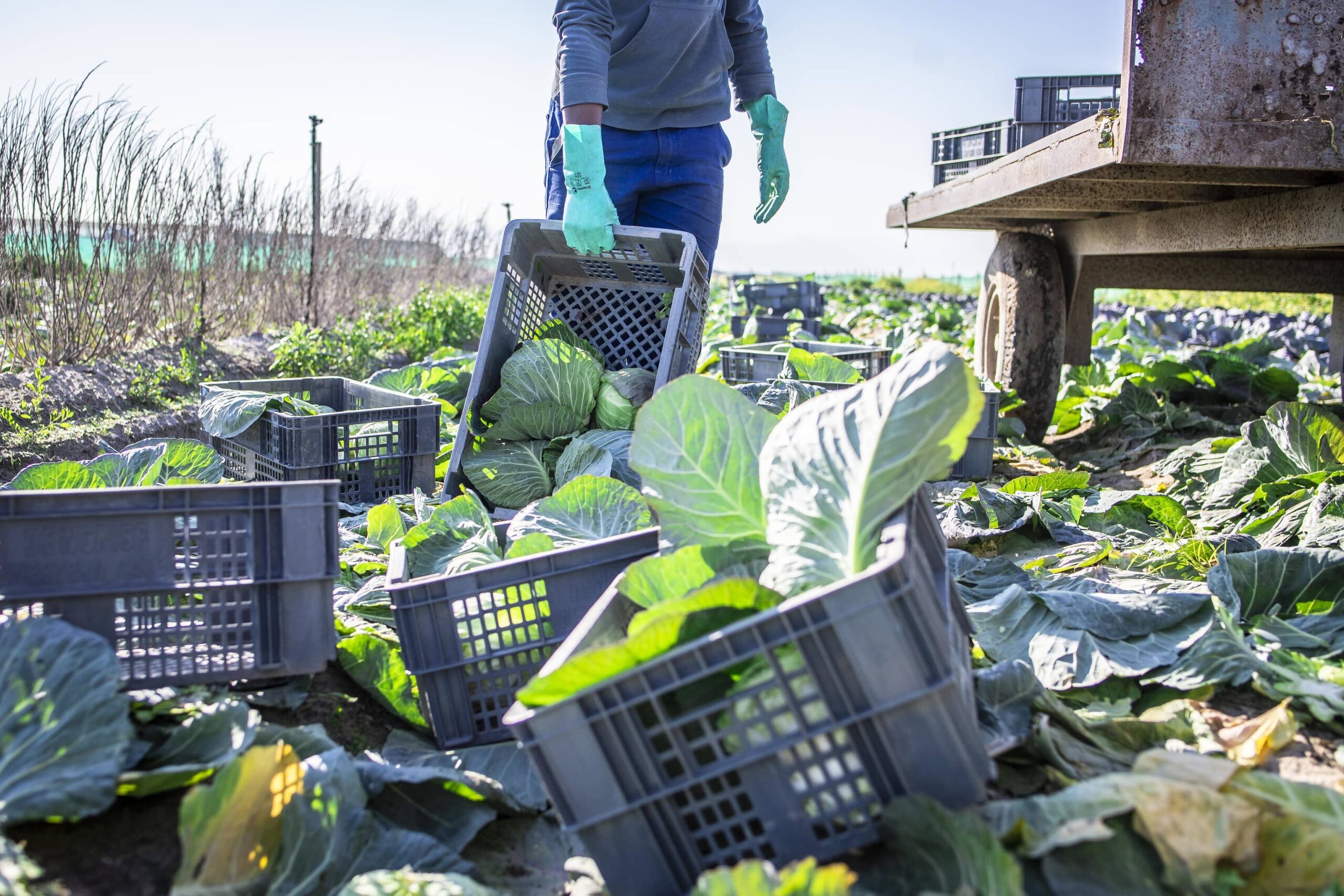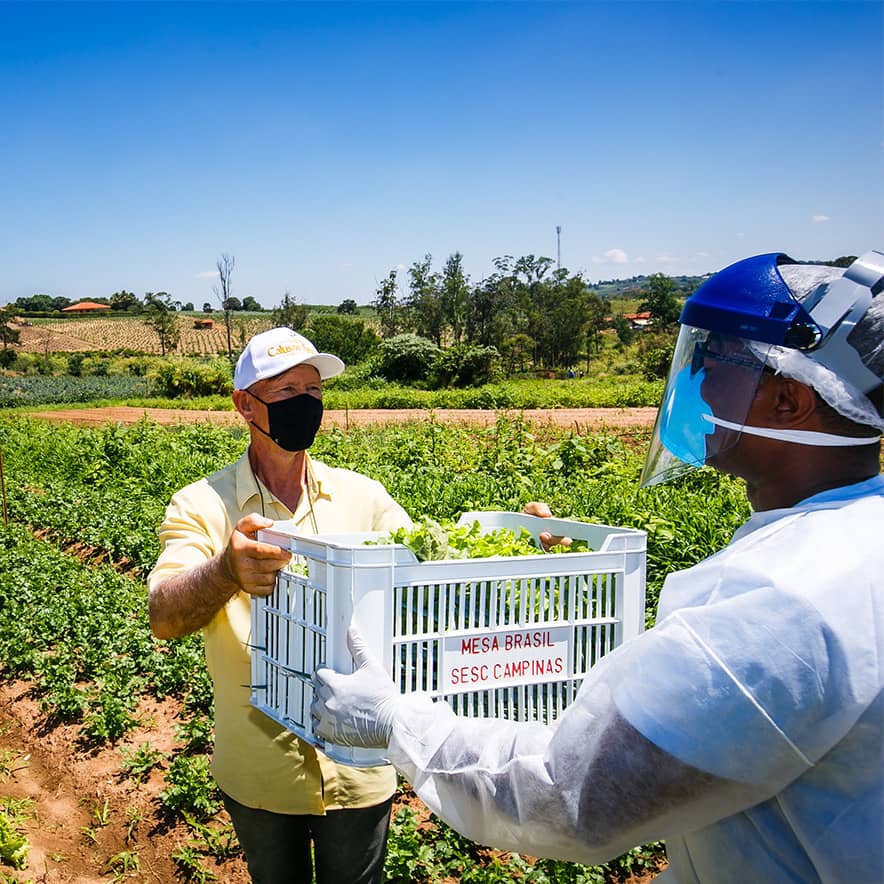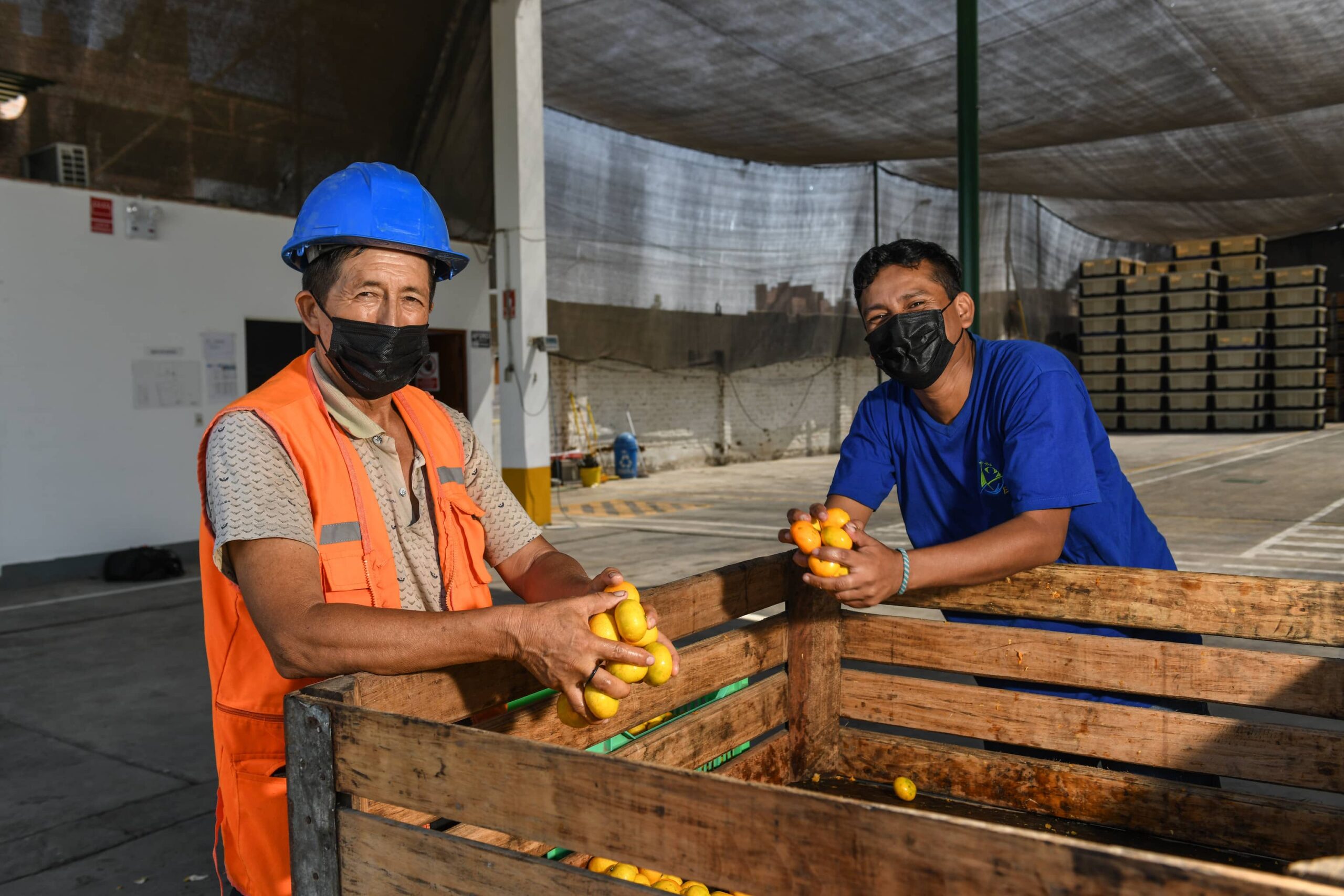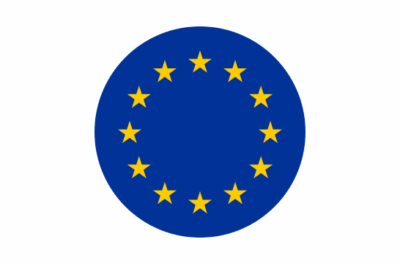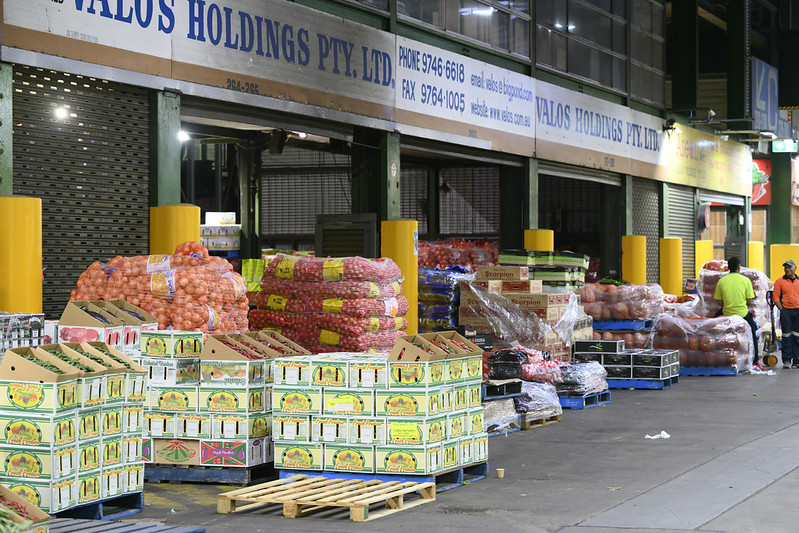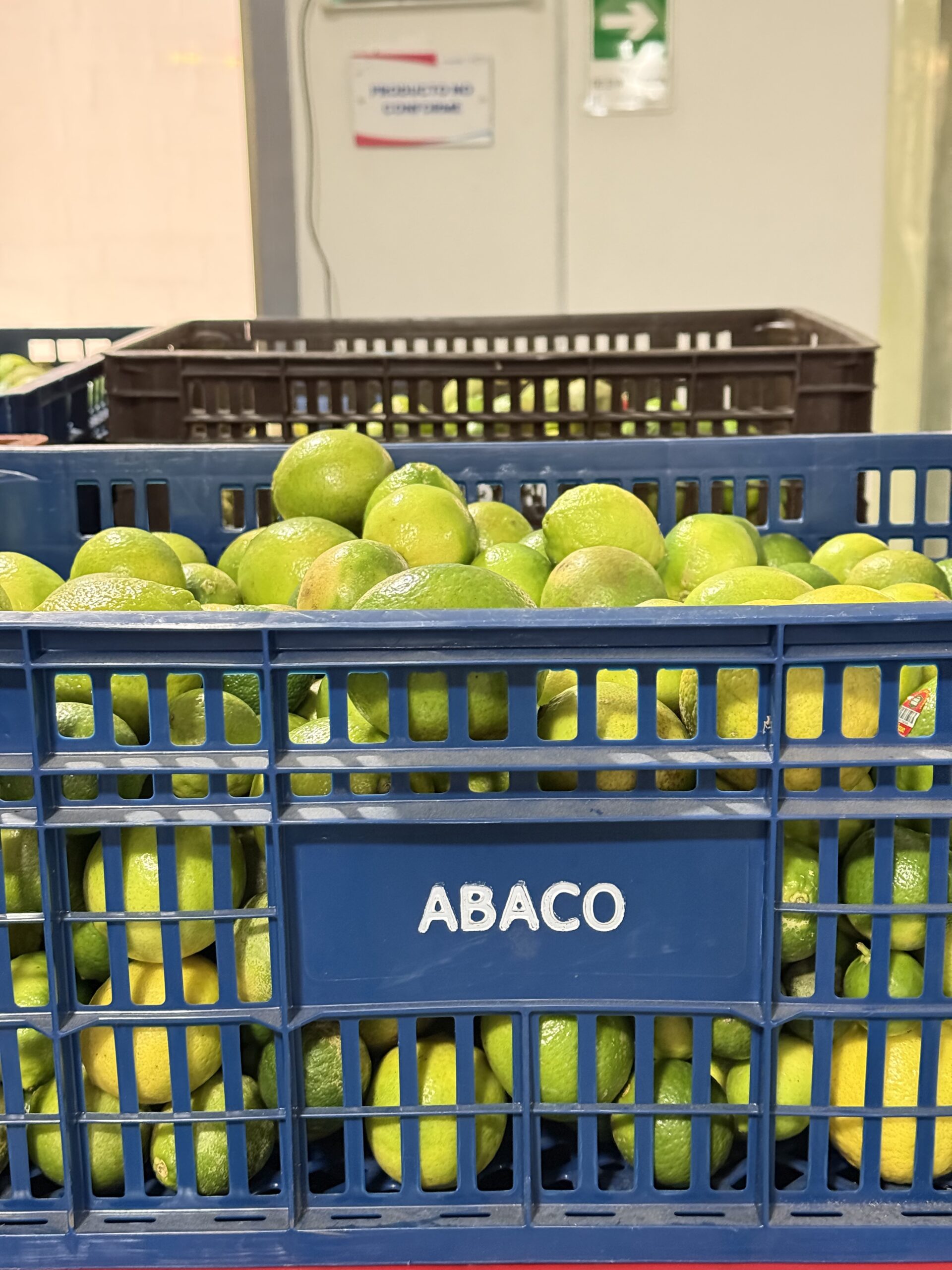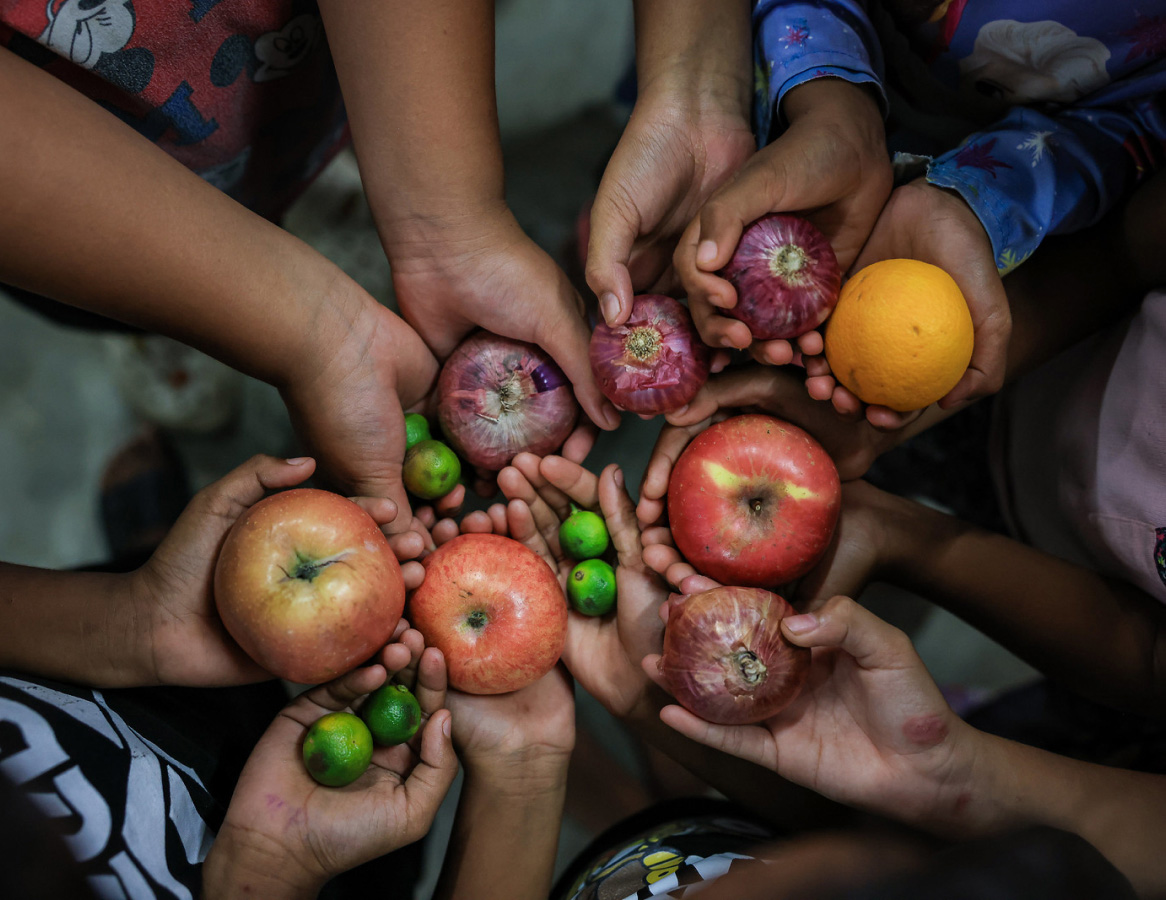
We have enough food to feed everyone in the world.
Yet, a third of the world’s food is lost or wasted while up to 783 million people experience hunger. Food donation can be a solution to this paradox, but confusing laws and gaps in national legal frameworks prevent food from being donated. Without the right policies in place, we cannot make meaningful strides toward reducing food loss and waste and alleviating hunger.
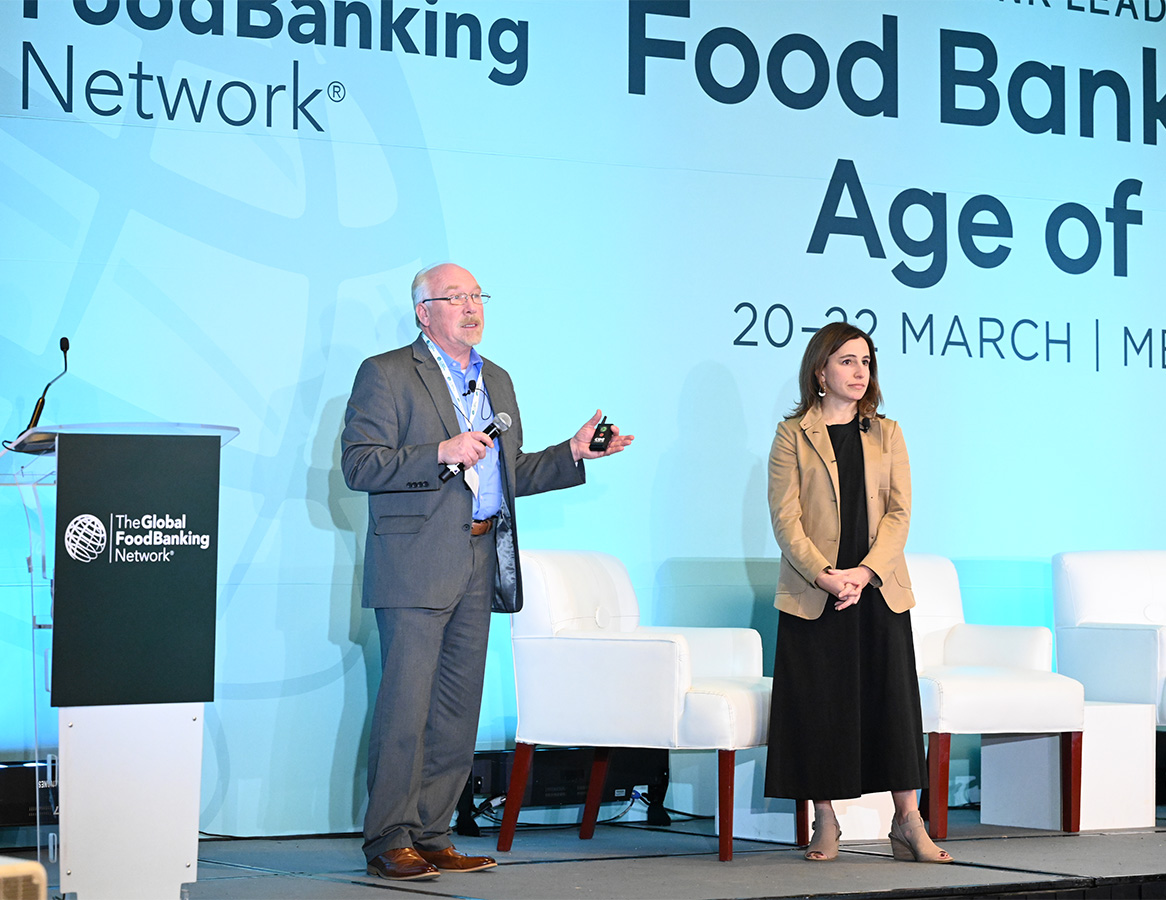
The Global Food Donation Policy Atlas identifies solutions.
The Atlas’ groundbreaking research identifies the legal issues most relevant to food waste and donation as well as policy barriers and opportunities, providing policymakers with the tools they need to drive change.
